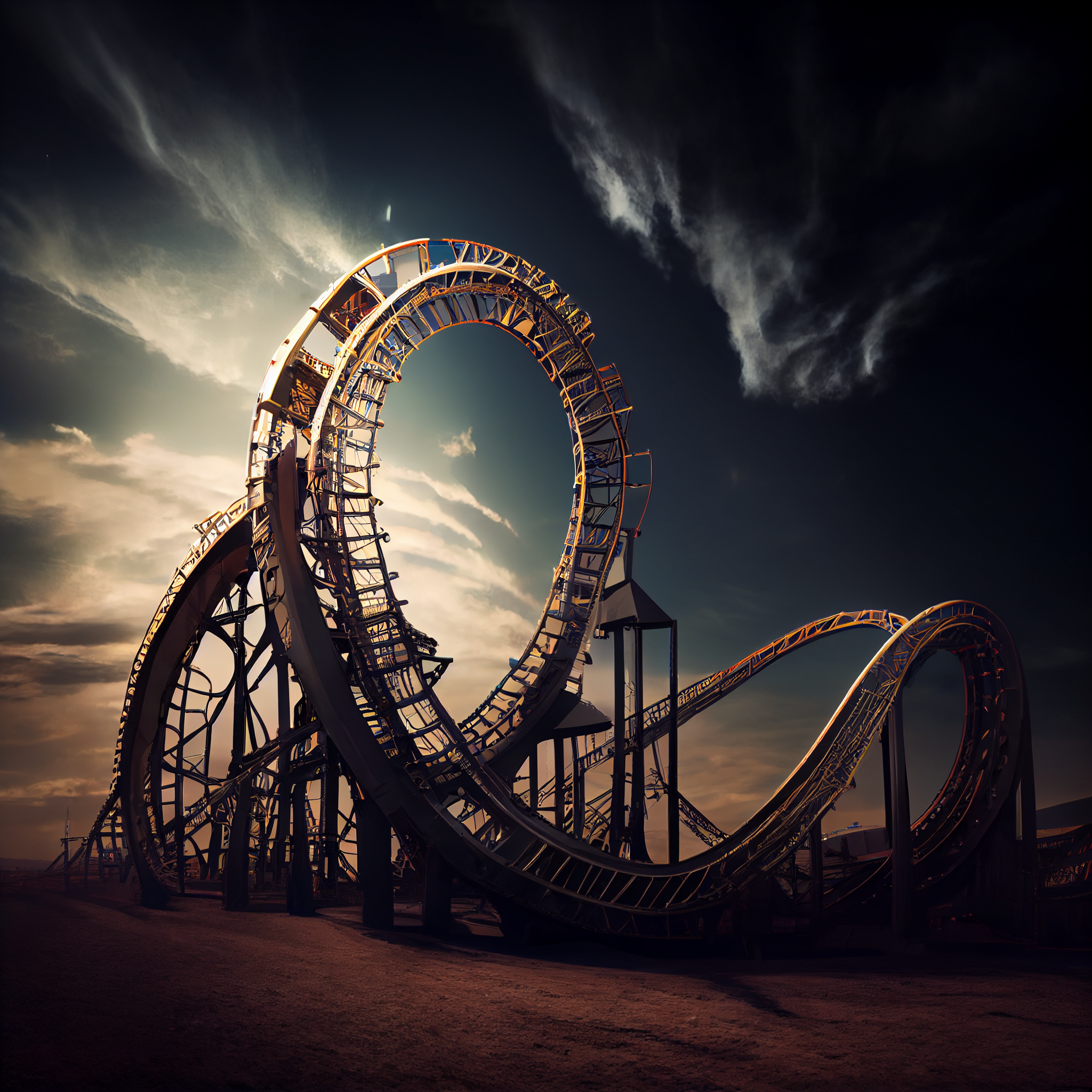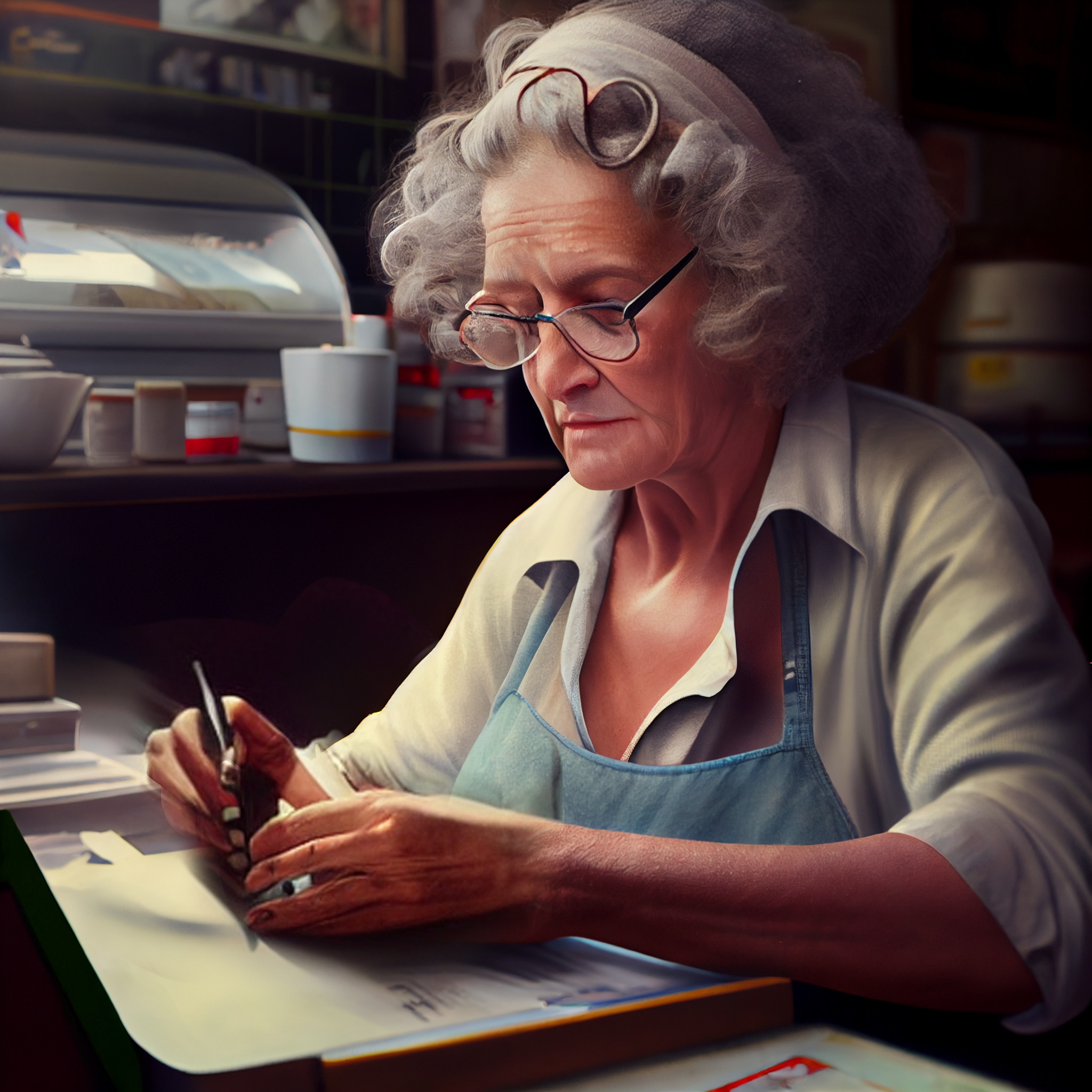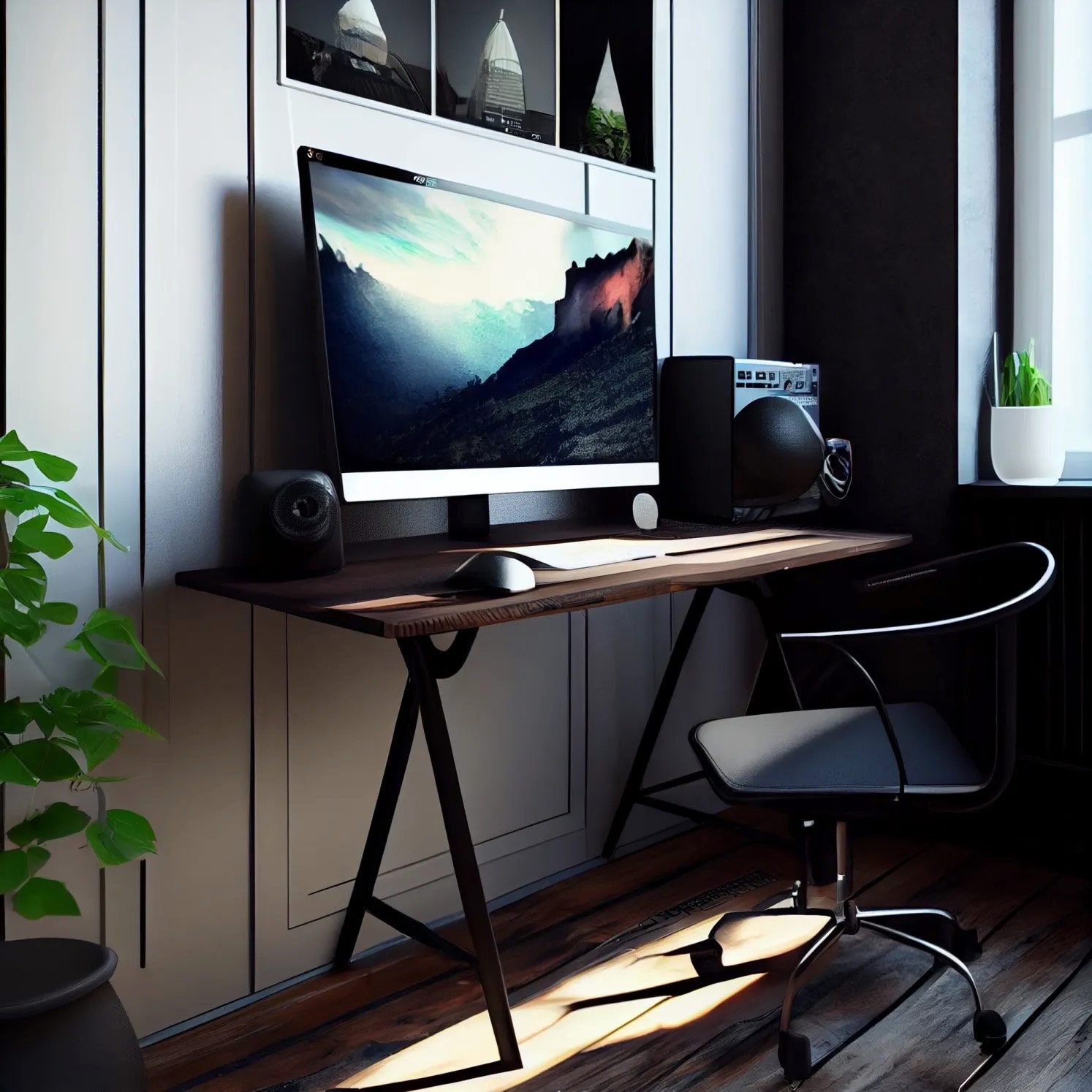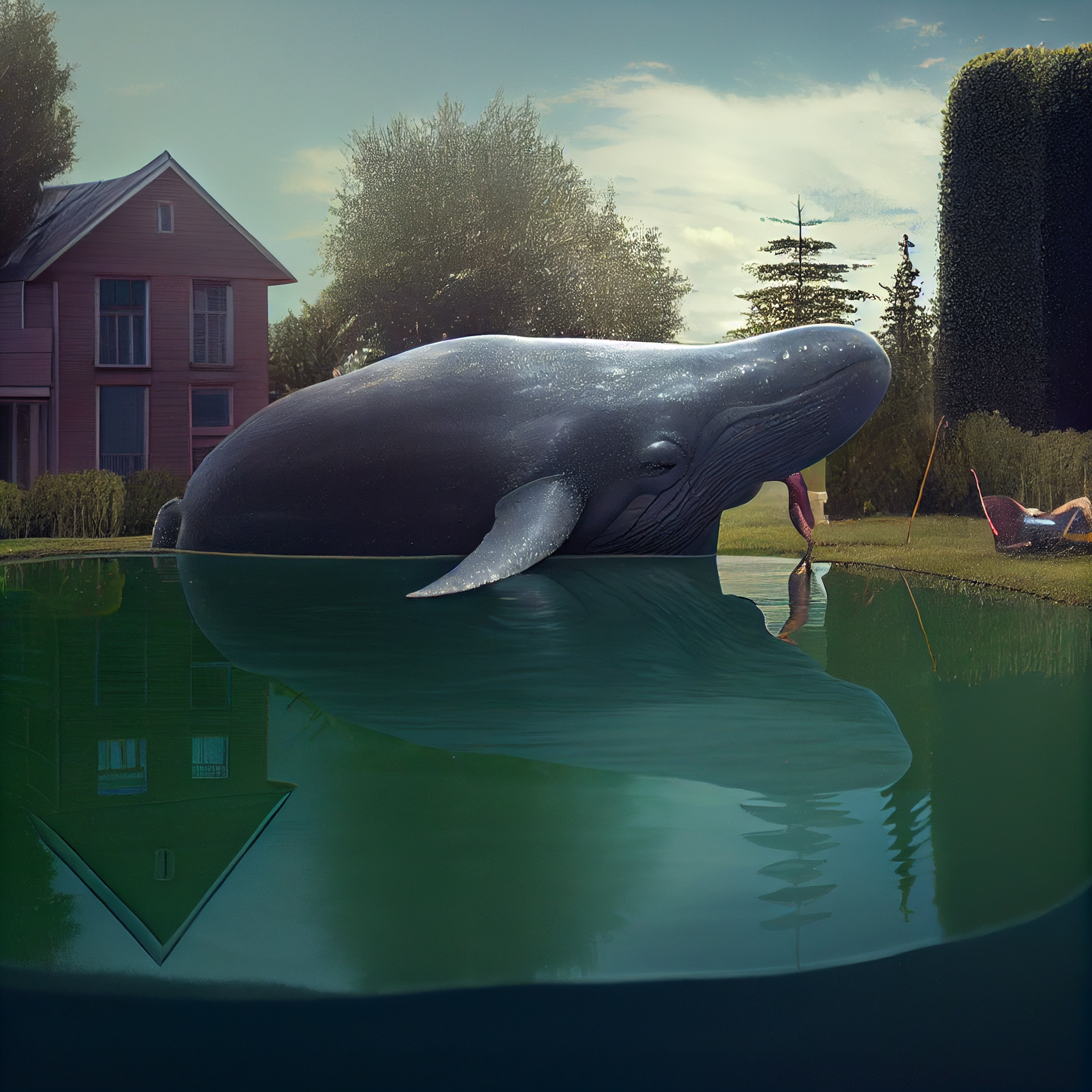
This may be indulgent, but in conjunction with my new attitude of giving very few fucks I’m ploughing ahead. Last year, when I put this site together my hope was that it would become both a record and resource for the projects I had in my todo list, maybe even inspire other older women to take on new challenges.
In January of this year (2022), everything changed. My beloved husband, henceforth known as G, suffered a stroke and our lives were violently thrown up into the air. Even though the stroke was devastating, affecting the whole left side of G’s brain, he recovered well. With the help of a rehab team, he regained approximately 80% of his faculties. He learnt to walk again, feed and wash himself. All the basics were there although he struggled and still struggles with memory; his ability to read has declined and his cognitive function has taken a hit.
If that wasn’t shocking enough, a few days into his hospital stay, a scan showed a shadow on his lung and further investigation revealed a malignancy. Stage 4. It was the cruelest Catch 22, no treatment was available for the cancer because of the stroke and no treatment for the stroke because of the cancer.
It’s been ten months since the diagnosis and of course it’s been stressful, but after the first few weeks our lives took on a a curious normality. Meals were cooked, and bins emptied. Life in its banality prevailed, interspersed with odd moments of joy and a generous helping of gallows humour.
But, recently, the reality of this situation is pushing through my barriers; I’m struggling and need an outlet to rant, cry, doodle or write terrible poetry. This is it. I imagine it will become a resource and aide-mémoire for this journey, as well as a bit of an homage to my lovely G.









